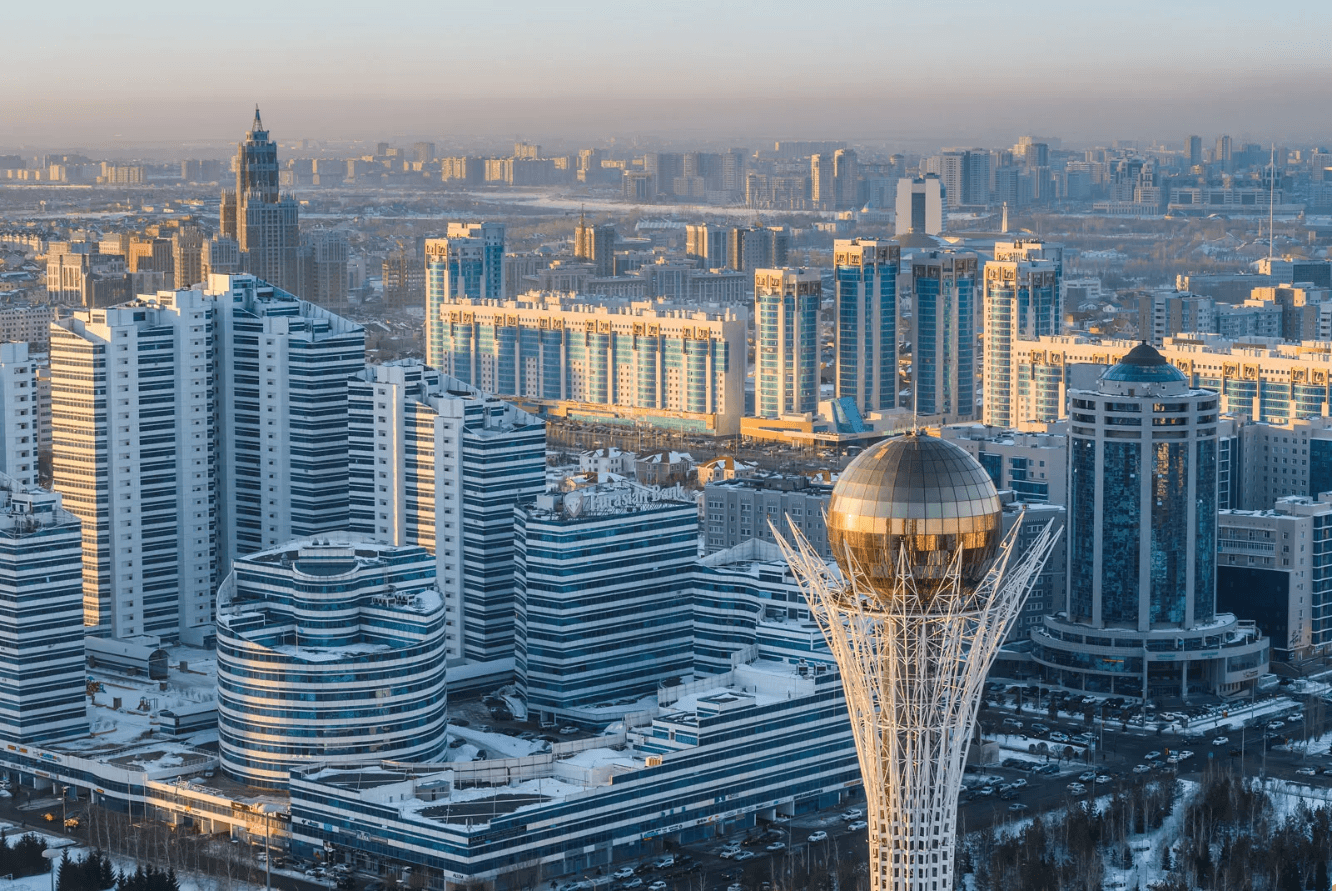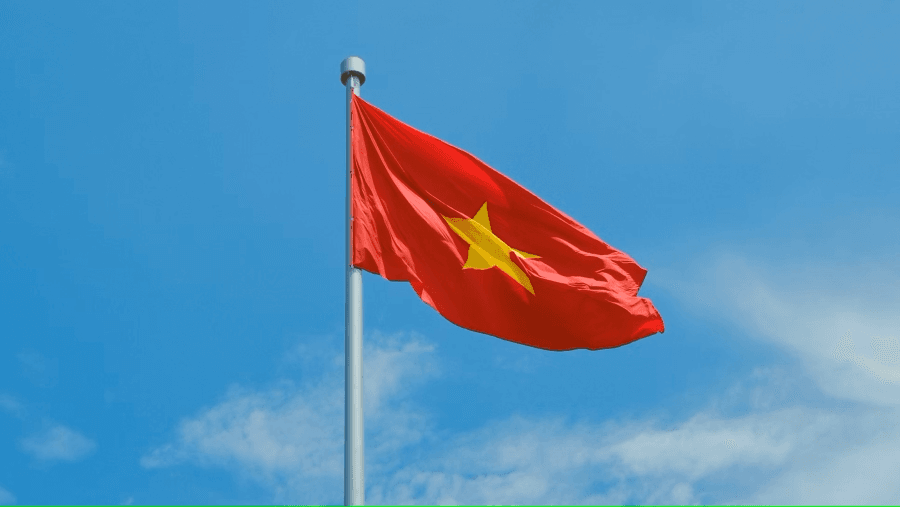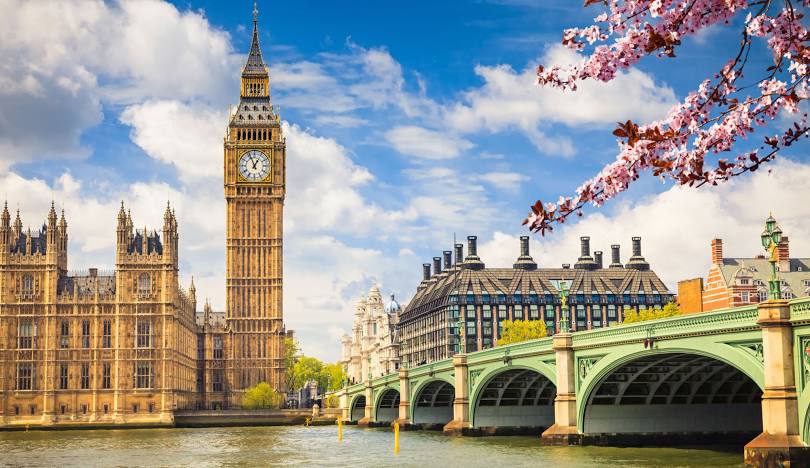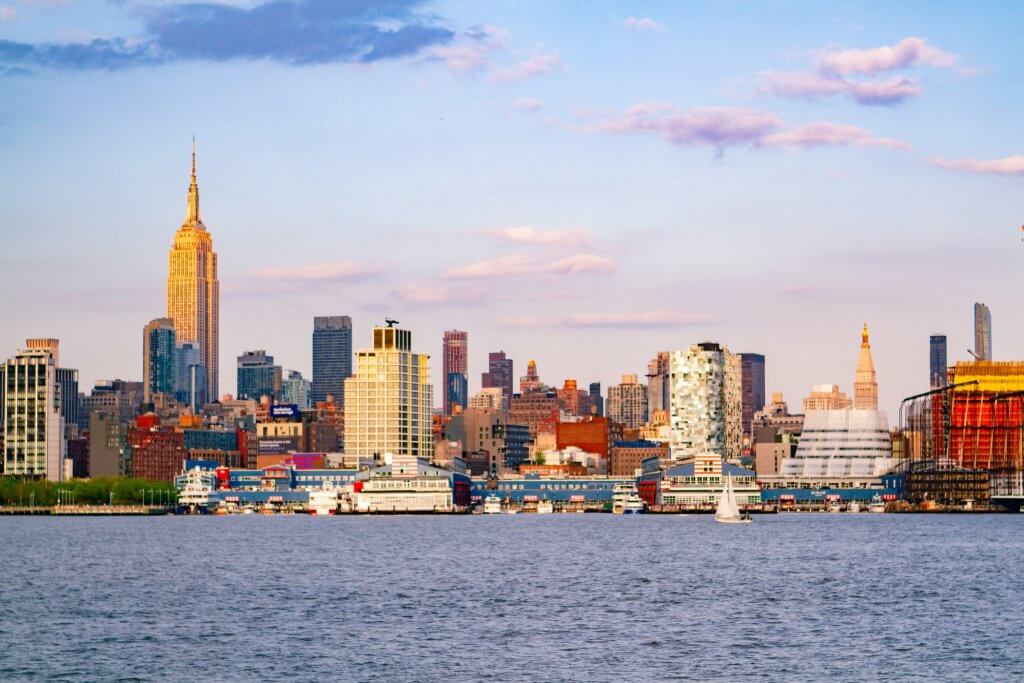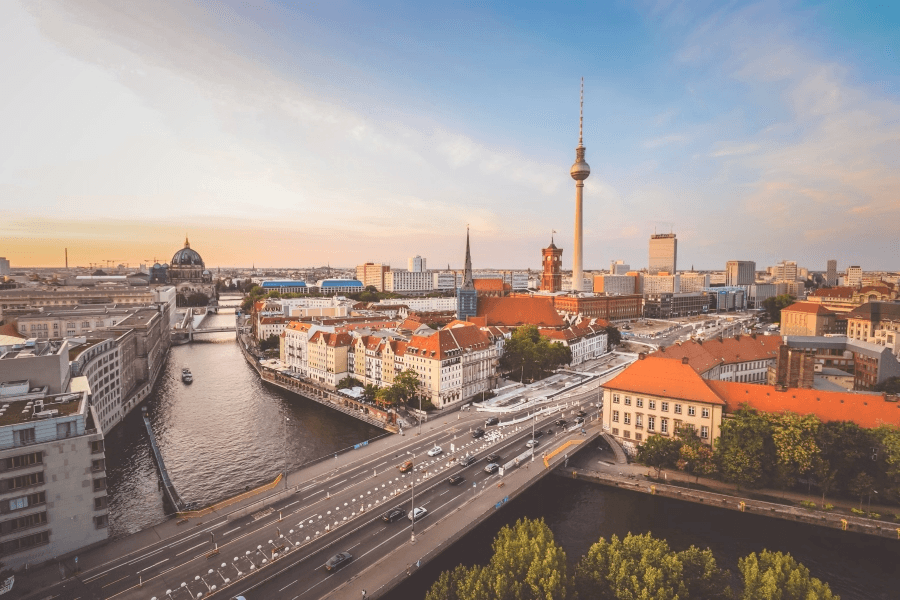
The report links the labour gap to Macau’s reliance on tourism and gaming, raising concerns about the city’s ability to remain competitive in the long term.
Heavy dependence on gaming
Macau’s economy remains dominated by the casino industry. In 2024, gross gaming revenue reached $28.3 billion, while the government collected $11 billion in gaming taxes. That accounted for 81 percent of the government’s total revenue of $13.7 billion. The large inflow of gaming revenue has concentrated the city’s workforce in tourism and casino-related services.
The report noted that with unemployment at just 1.7 percent as of November 2024, the problem is not a lack of jobs but a mismatch between available skills and industry needs.
Strict labour rules add pressure
Foreign businesses say that restrictive employment rules worsen the shortage of talent. By law, both local and foreign casino operators must hire only Macau residents as croupiers. Taxi and bus drivers are also required to be local residents. These measures are designed to protect local employment, but they reduce the talent pool for critical positions.
The government also requires employers to prioritise local workers before hiring from abroad. Non-residents may only work in Macau when no suitable local candidates are available. According to the report, Macau had 183,000 foreign workers in early 2025, but they are excluded from the city’s monthly minimum wage of $884 or $4.25 per hour.
Government recruitment efforts
Macau has tried to address the labour shortage through talent importation schemes. In 2024, two rounds of a new programme brought in 521 highly qualified professionals in non-gaming sectors, including 266 people holding doctoral degrees. A third round of recruitment is scheduled for June 2025.
The government is also promoting economic diversification. As part of the 2022 casino concession renewals, the six operators pledged at least $15 billion in new investments, with 90 percent allocated to non-gaming projects. These include meetings, incentives, conferences and exhibitions (MICE), traditional Chinese medicine, financial services and technology. However, the report said that related efforts have delivered minimal results so far because the workforce remains heavily trained for gaming and tourism.
Limited trade with Portuguese-speaking countries
Beijing has directed Macau to develop as a platform for commercial and trade cooperation between mainland China and Portuguese-speaking countries. Yet in 2024, trade with these countries represented only 0.9 percent of Macau’s total trade volume of $17.6 billion.
Government response
The Macau government reacted strongly to the US report. Officials expressed dissatisfaction and opposition to what they called unfounded comments, particularly in relation to political issues raised in the statement. They defended their record on economic development and pointed to efforts in public administration reform, deregulation and simplifying procedures.
The government added that the United States is an important economic partner, and said it hopes the US will focus on maintaining a stable relationship and expanding trade ties.
US investment in Macau
US companies have a strong presence in Macau through three of the city’s six gaming operators: Sands China, MGM China and Wynn Macau. The report estimated that US investment in Macau has reached at least $20 billion over the past decade. With expectations for further growth, solving the skilled worker shortage has become a critical issue for supporting both the casino industry and Macau’s wider economic goals.



 2025-10-01
2025-10-01


